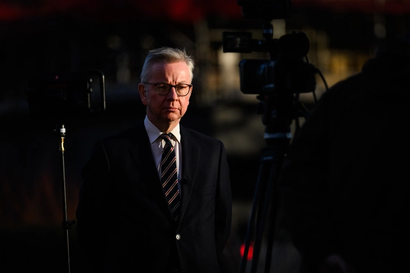Delayed from 2020 (thanks, Covid) this year’s global climate conference finds our planet at a vital juncture in the battle against global warming: wildfires continue to ravage countries from Australia to the United States, the polar ice caps are melting at an unprecedented rate, droughts and flooding have become commonplace and some have even argued that the rise of Covid 19 was due to humans pushing further into animal territory as deforestation and overpopulation continue to flourish.
To top it all off, the UN published a report earlier this year declaring that the world simply isn’t doing enough to hit its climate goals and that irreparable change is now almost a given.
But it isn’t all doom and gloom. The COP meeting is a sort of Avengers-assemble of governments, business leaders, and representatives from international organisations all gathering with the aim of finding workable solutions to the climate crisis.
With this year’s conference taking place in Glasgow, we put together a primer on the talks: what exactly is COP 26, who will be there and, crucially, how can you make your voice heard?
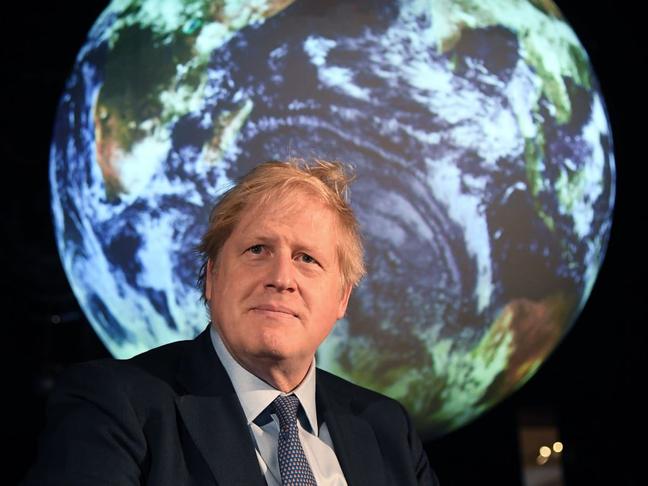
What exactly is COP 26?
Good question. COP stands for Conference of Parties and is the decision-making body of the UNFCCC, which in turns stands for the United Nations Framework Convention on Climate Change. Founded in 1994, UNFCCC’s aim is to prevent ‘dangerous human interference with the climate system’.
To do this it was first vital that member states first acknowledge there was a problem and then come to gather to ‘act in the interest of human safety in the face of scientific uncertainty’. This involved setting specific goals to stabilise greenhouse gases, directing funds to fighting climate change and more, with the onus being on developed countries to lead the charge.
The Conference of Parties invites all signatory governments to come together annually to check-in on what progress has been made, and what still needs to be done. (Spoiler alert, it’s a lot). With the first conference having taken place in Berlin, this year’s meeting will be the 26th, and the first time Scotland has hosted the event.
Where is COP 26 happening?
Specifically, the conference will take place at the Scottish Event Campus in Glasgow between October 31st and the 12th of November. This is a big deal because it’s the largest international summit the UK has ever hosted after putting ourselves forward to host (just like the Olympics).
It’s also the first event the UK has hosted since Brexit, so it will be sort of like inviting your friends round to your new digs after your divorce, only with more talk of carbon emissions and (hopefully) less crying.
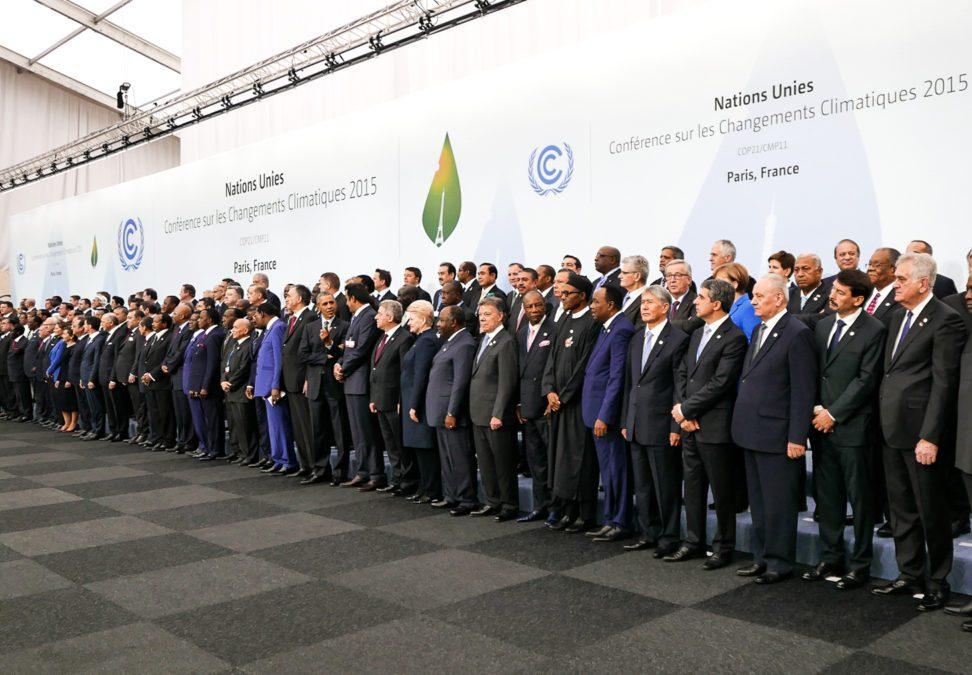
Who’ll be in attendance?
Anyone who’s anyone. Reassuringly for the future of our planet, almost every country in the world will send delegates to COP. To be exact, 197 countries will send around 30,000 delegates. As well as heads of state and climate experts, campaigners and entrepreneurs are also invited.
Naturally everyone will get on splendidly and there won’t be a single point of contention. Least of all among members of the public who are fond of protesting COP events (In 2019 an estimated 500,000 people took to the streets outside Madrid’s COP25 meeting calling for swift action against climate change). According to the BBC, policing around this year’s event will cost more than £200m. This isn’t just with regards to protestors, of course; protecting so many heads of states is a costly business.
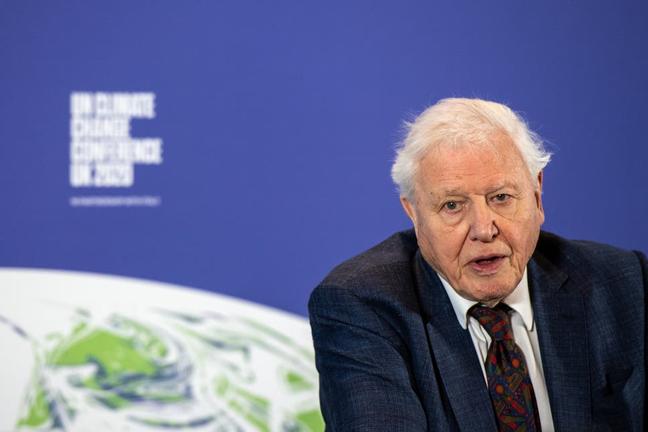
What’s new?
That remains to be seen, but reports indicate that a number of countries have submitted new Nationally determined contributions (NDCs) to the UNFCCC. This is a sort of means-testing approach to which countries have to do, based on metrics like their carbon production, population, GDP etc.
China and Japan are also expected to pledge new targets for 2030 but this is yet to be confirmed. The UK, meanwhile, has upped its pledge and is now aiming to reduce carbon emissions by 68 per cent by 2030, compared to 1990 levels (perhaps a case of showing off when its friends come to visit?).
But a number of countries, including Australia, Brazil and Singapore have reportedly not increased their reduction goals ahead of this year’s conference.
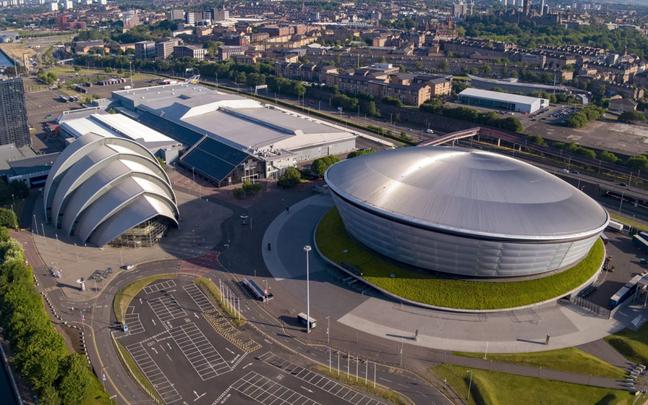
Glasgow will host this year’s COP
Why is it so important?
Because despite nationality, culture, religious background and all the other myriad differences that divide us, most earthlings can agree that we quite living on this planet. So it makes sense we’d want to keep it habitable for as long as possible. Banding together to talk about how to do this, then, is pretty smart.
Previous successes from COP include the Paris Agreement from the heady days of COP21. This was the erm, agreement laid out in Paris in which world leaders agreed (among other things) that global average temperatures should not rise more than 2 degrees above pre-Industrial levels and that, ideally, we’d limit this to 1.5 degrees Celsius.
As per this year’s UN report, unless drastic action is taken we’ve sort of messed that up already. To limit global warming to 1.5 degrees we need to half our emissions by 2030, and reach net-zero by 2050.
As David Attenborough said ahead of COP 26: “This is now up to us: to put before the nations of the world what has to be done. We don’t need to emphasise to them or to you, that the longer we leave it and not doing things, but going on talking about the problems, the worse it’s going to get. And in the end, unless we do something, it becomes insoluble. So now is the moment. Now does become extremely important.”
What else do I need to know?
As outlined above, this year’s COP is arguably even more important than ever. There’s been a trend for these meetings to end in discord and disagreement. What we need instead is a mutually agreed framework of what exactly we can do about climate change, starting today.
How can I take part from home?
According to the official website of COP 26, there are a number of ways to get involved. It’s too late now, but usually you can attend as a member of an observer organisation such as certain NGOs and IGOs, or through volunteering (details of which can be found at the web link above).
Members of the public are also able to register for tickets for the ‘Green Zone’ – a public event at Glasgow Science Centre – through an online platform that will be launched closer to the event.
You can also keep up to speed with developments via Twitter, and write to your local MP about climate action at the local level.

Become a Gentleman’s Journal Member?
Like the Gentleman’s Journal? Why not join the Clubhouse, a special kind of private club where members receive offers and experiences from hand-picked, premium brands. You will also receive invites to exclusive events, the quarterly print magazine delivered directly to your door and your own membership card.


